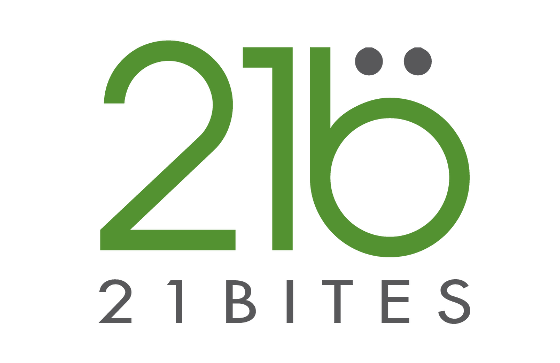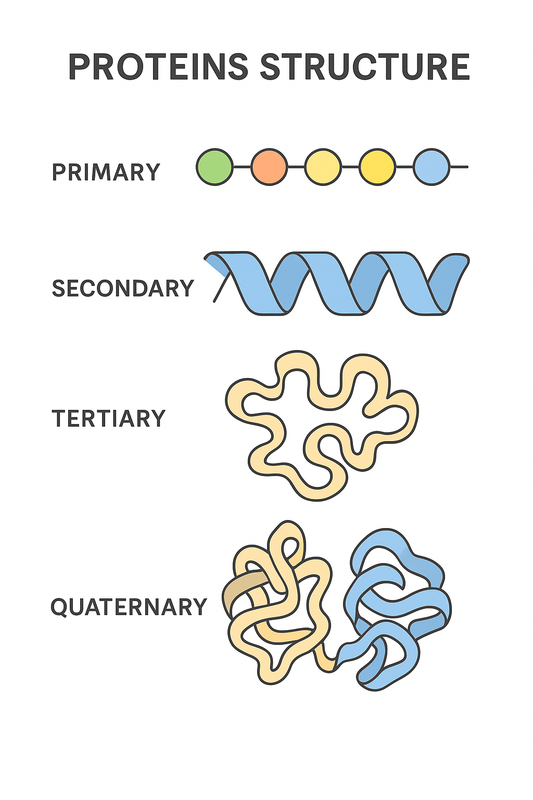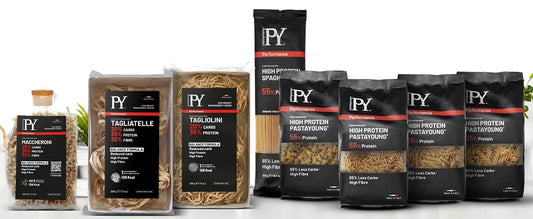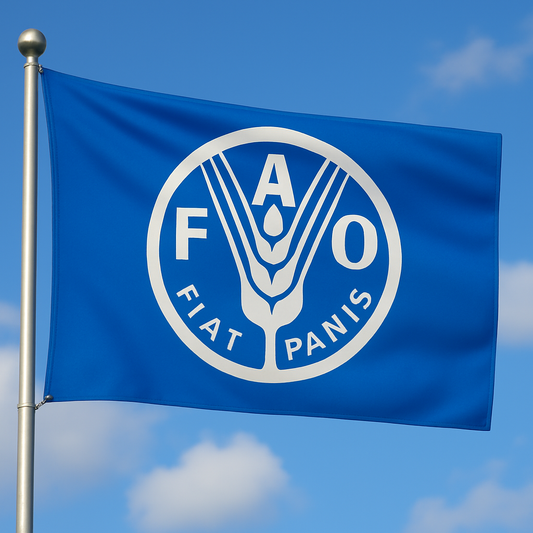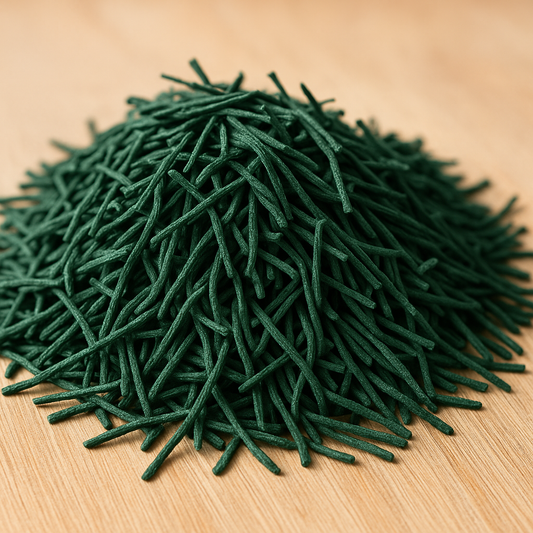
Health and Wellness: The Role of Nutrition
Share
Just one piece of data is enough to demonstrate the link between health, wellness, and nutrition: according to the World Health Organization, a balanced diet helps to ward off the danger of one third of cancers and cardiovascular diseases. On the contrary, an incorrect nutritional intake, in the long run, represents a risk factor not to be underestimated.
Food must provide the individual with the necessary contribution to the fulfillment of physiological functions, the renewal of cells and tissues as well as the energy to carry out normal daily activities. In short, eating must make one feel good.
That's why it's essential to take care of our bodies, starting with what we eat, and a balanced diet, complete with all essential nutrients, is an important step towards good wellbeing. At the same time, it is also essential that good habits are picked up in childhood and then maintained throughout life.
The Link Between Nutrition and Health
Food has always had a strong role in the history of mankind: it has driven the development of many sectors of the economy, it has allowed to improve the living conditions of entire generations and have helped to fight many diseases that were once deadly.
In the West, populations are beginning to pay more attention to healthy eating habits, but very often the guidelines provided by health authorities are neglected and unhealthy lifestyles are adopted, leading to the development of numerous pathologies.
Let's delve into this topic and try to understand how the link between health, wellness, and nutrition profoundly affects an individual's life.
Food and Wellness: Why Eat Healthy
A correct diet can bring psycho-physical benefits. It is essential to adopt a regular lifestyle and a balanced diet from the prenatal stage and childhood: this allows for the harmonious development of the child, facilitates learning, and helps them to become healthy, active, and productive individuals.
A balanced diet must be accompanied by frequent physical activity to keep the body in shape and the mind serene, avoiding the dangers of a sedentary lifestyle and resulting in conflicting relationships with their bodies.
The link between health, wellness, and nutrition is manifested mainly in the fact that by eating we must be able to keep our immune system strong and protect ourselves from diseases such as obesity, diabetes, hypertension, and some forms of cancer. Eating healthy means just that.
Food and Wellness: What Foods We Should Never Miss Out On
A balanced diet is a regimen in which no element indispensable to the development and functioning of the organism is missing. Each nutriment must do its part, and it is good that the main groups of nutrients are present every day.
Cereals, fruits and vegetables, milk, legumes, meat, and water are essential components of a correct diet. Health authorities recommend including these in daily meals, emphasizing the importance of whole grain flours, low-fat dairy products, and a variety of proteins from sources like legumes, fish, eggs, and lean meats.
Water, the most important element of life, is crucial for the proper functioning of many bodily functions, keeping organs and systems in perfect condition.
Health, Wellness, and Nutrition According to Europeans
In recent years, the sensitivity of Europeans towards the authenticity of food, the origin of ingredients, and nutritional contributions has grown. This attention is accompanied by the adoption of a more correct lifestyle, starting with the regular practice of training and physical exercise.
A 2020 research revealed that a healthy diet is a priority for many Europeans, leading them to check food labels, avoid fats, and prefer products based on local ingredients.
The nutritional values of insects: why eating insects is good for your health
Understanding the close link between health, wellness, and nutrition is crucial for maintaining a healthy body. Consuming a balanced diet implies the intake of complete foods, genuine, and rich in essential elements for the body.
The nutritional values of insects are remarkable, providing complete protein, fiber, unsaturated fats, essential minerals, and vitamins. Many support the need for insects to be part of our eating habits due to these valuable substances.
- A significant amount of complete protein, more useful and healthier than that found in beef and pork.
- A good amount of fiber, including insoluble chitin, a valuable ally against viruses and allergies.
- A remarkable supply of unsaturated fats, "good," which help lower cholesterol.
- Essential minerals for growth and body functioning, such as potassium, sodium, zinc, phosphorus, copper, manganese, and iron.
- Fundamental vitamins (A, B, C, D, E, K) useful for cell renewal, tissue maintenance, and blood clotting.
For those looking to maintain psycho-physical well-being through a healthy diet, the 21bites website offers various recipes and products made from edible insects, including snacks, pasta, crackers, desserts, and supplements.
